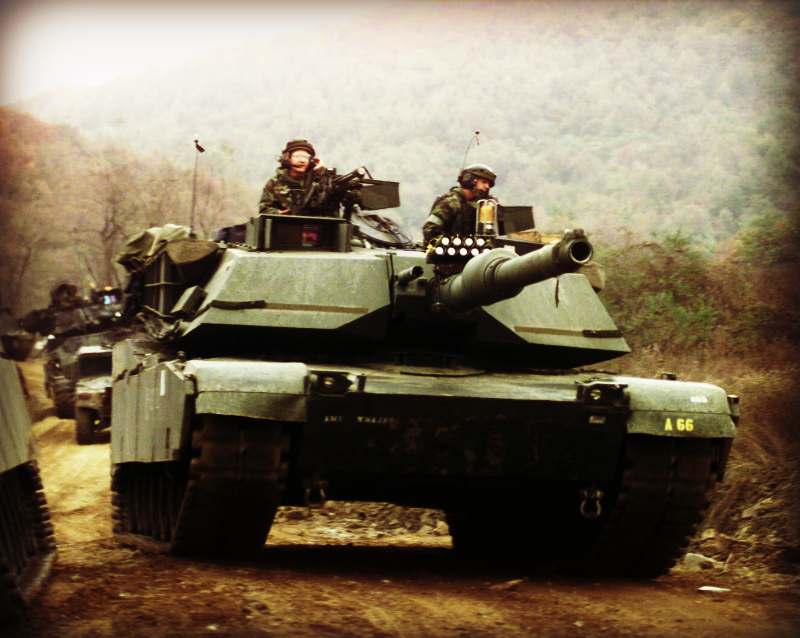Should the U.S. military revise their current rules of engagement? Some candidates have talked about this by lamenting that lawyers rather than officers are making too many decisions about how to fight terrorists. In a recent column, Colonel Allen West proposes new Rules of Engagement for the 21st Century Battlefield.
In the past, we understood what constituted a battlefield and appropriate rules of engagement. Much of this became confused by the time of the Vietnam War. The Viet Cong “infiltrated the civilian population and used adjoining nation-states as a base of operation.”
We find ourselves today in a similar situation with terrorists. As a Battalion Commander in Iraq, Colonel West saw how the insurgent enemy used mosques and burial grounds as assembly points as well as ammunitions and equipment staging points. They did this because they knew the limitations the military places on soldiers because of the rules of engagement.
Our enemy also knows that our troops are told not to fire until fired upon. Colonel West laments that: “it has come to the point where Islamic jihadist enemies can simply drop their weapons and walk away, knowing they will not be engaged by our forces.” Sometimes they disengage from a firefight so they can reposition within civilian areas, raising the possibility of collateral damage. And a request for additional fire support must go through rules of engagement protocols back at military headquarters.
You don’t have to have much experience with military strategy and tactics to know that current system is inefficient and ineffective. Colonel West persuasively argues that we should allow leaders on the ground (rather than lawyers) to develop common sense rules of engagement tailored to the 21st century terrorist environment. Congress and the next president must make this happen.
 Listen Online
Listen Online Watch Online
Watch Online Find a Station in Your Area
Find a Station in Your Area











 Listen Now
Listen Now Watch Online
Watch Online
